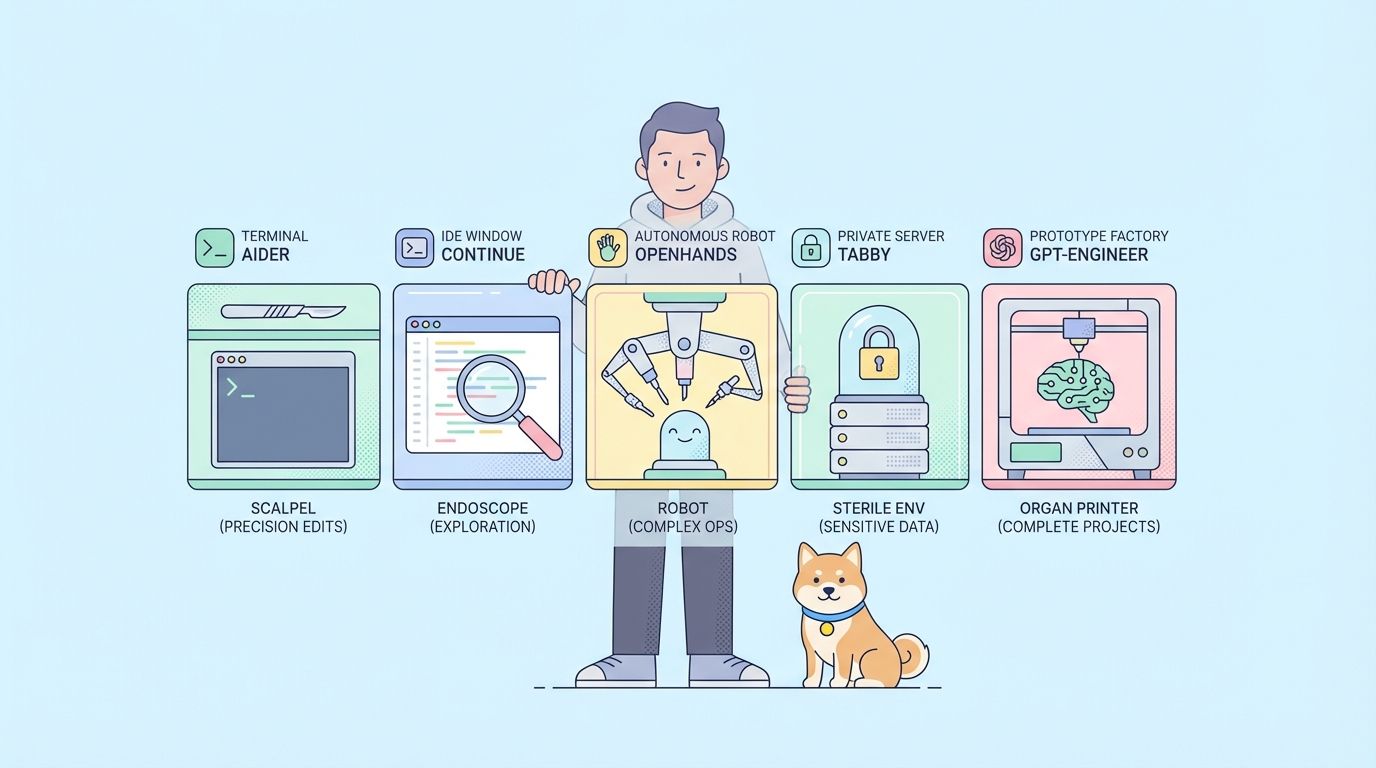APIs (Application Programming Interfaces) are essential for modern software development, enabling different systems to communicate and interact seamlessly. API as a Service (APIaaS) is a model that provides developers with the tools and infrastructure needed to create, manage, and deploy APIs efficiently. This blog explores the concept, benefits, challenges, and significance of APIaaS in the digital landscape.
What is API as a Service?
API as a Service (APIaaS) refers to cloud-based platforms that offer APIs as a managed service. These platforms provide the infrastructure, tools, and frameworks necessary to build, deploy, and manage APIs, allowing developers to focus on creating and integrating APIs without worrying about the underlying infrastructure.
Key Features of APIaaS
API as a Service (APIaaS) has revolutionized how developers create, manage, and deploy APIs. By offering comprehensive tools and infrastructure, APIaaS enables businesses to streamline their API development processes. Here are the key features that make APIaaS an indispensable part of modern software development:
1. Scalability
Automatic Scaling
APIaaS platforms can automatically adjust resources based on traffic and demand, ensuring consistent performance and availability. This feature is crucial for handling varying workloads without manual intervention, making it easier for businesses to manage growth and spikes in API usage.
Load Balancing
Built-in load balancing ensures that API requests are evenly distributed across servers, preventing any single server from becoming a bottleneck. This enhances the reliability and speed of API responses.
2. Security
Authentication and Authorization
APIaaS provides robust security features, including OAuth, JWT (JSON Web Tokens), and API key management, to ensure that only authorized users can access the APIs. This helps protect sensitive data and maintain the integrity of services.
Encryption
Data encryption in transit and at rest ensures that all communications between clients and servers are secure. This feature is essential for maintaining confidentiality and compliance with data protection regulations.
3. Monitoring and Analytics
Real-Time Monitoring
APIaaS platforms offer real-time monitoring tools that provide insights into API performance, usage patterns, and error rates. This helps developers identify and resolve issues quickly, ensuring optimal API functionality.
Analytics Dashboard
Detailed analytics dashboards offer a comprehensive view of API usage, including metrics such as request counts, response times, and user demographics. These insights help in making informed decisions about API improvements and scaling.
4. Documentation and Testing
Auto-Generated Documentation
APIaaS tools can automatically generate API documentation based on the defined endpoints and methods. This ensures that the documentation is always up-to-date and reduces the effort required to maintain it manually.
Integrated Testing Tools
Built-in testing frameworks allow developers to test their APIs within the APIaaS platform, ensuring that they function correctly before deployment. This includes unit tests, integration tests, and automated regression tests.
5. Versioning
Multiple Versions Support
APIaaS platforms support multiple versions of an API, allowing developers to make changes and improvements without disrupting existing users. This feature is essential for maintaining backward compatibility and managing the lifecycle of APIs.
Version Management
Tools for managing different API versions include version tagging, deprecation notices, and seamless migration paths, ensuring a smooth transition for users when new versions are released.
6. Rate Limiting and Quotas
Request Throttling
APIaaS allows setting rate limits and quotas to control the number of requests a client can make within a specified time period. This prevents abuse and ensures fair usage of resources.
Customizable Limits
Developers can define custom rate limits and quotas based on client needs, allowing for flexibility in managing API consumption.
7. Integration and Extensibility
Seamless Integration
APIaaS platforms often come with pre-built connectors and integrations for popular third-party services, databases, and cloud platforms. This makes it easier to integrate APIs into existing systems and workflows.
Extensibility
Support for custom plugins and extensions allows developers to enhance the functionality of their APIs and tailor the APIaaS platform to their specific needs.
8. Cost Efficiency
Pay-As-You-Go Pricing
APIaaS typically offers flexible pricing models based on usage, allowing businesses to only pay for what they use. This makes it a cost-effective solution for startups and enterprises alike.
Reduced Infrastructure Costs
By offloading the infrastructure management to the APIaaS provider, businesses can reduce their operational costs and focus on core development activities.
How does API as a Service Work?
APIaaS platforms operate by providing a set of tools and services that facilitate the entire API lifecycle:
1. API Design
Developers define endpoints, methods, and data formats using the platform's tools.
2. Development
APIs are coded and integrated with backend systems, leveraging the platform's frameworks and libraries.
3. Deployment
APIs are deployed to the cloud without the need to manage servers or infrastructure.
4. Management
Ongoing monitoring, analytics, and updates are handled through the platform's interface.
5. Security
The platform implements and manages security protocols to protect API data and access.
Advantages of API as a Service
APIaaS offers several benefits that make it an attractive option for developers and organizations:
1. Speed
Accelerates API development and deployment processes, reducing time to market.
2. Cost-Effective
Lowers infrastructure and maintenance costs by leveraging cloud resources.
3. Focus
Enables developers to concentrate on building core functionalities.
4. Reliability
Ensures high availability and performance through managed infrastructure.
5. Innovation
Facilitates rapid prototyping and the introduction of new features.
Disadvantages of API as a Service
While APIaaS provides many advantages, there are some potential drawbacks:
1. Dependency
Reliance on a third-party service provider can be a limitation.
2. Limited Customization
Platforms may impose constraints on customization options.
3. Security Risks
Potential vulnerabilities in the service provider’s infrastructure can pose risks.
4. Data Privacy
Concerns about data handling by external services need to be addressed.
Why Is API as a Service Important?
APIaaS is vital in modern tech environments for several reasons:
1. Simplified Integration
Makes it easier to connect different systems and services.
2. Enhanced Agility
Supports agile development methodologies.
3. Digital Transformation
Drives innovation and digital initiatives.
4. Improved User Experience
Delivers seamless and efficient interactions.
The Role of API as a Service in Digital Transformation
APIaaS contributes significantly to digital transformation by:
1. Enabling Connectivity
Facilitates integration across diverse platforms and systems.
2. Supporting Innovation
Allows for rapid development and deployment of new services.
3. Enhancing Efficiency
Streamlines development processes, reducing time-to-market.
4. Driving Business Growth
Creates new opportunities for revenue generation through APIs.
Examples of API as a Service
API as a Service (APIaaS) has become a cornerstone of modern software development, providing a streamlined way to build, manage, and deploy APIs. Here, we explore some prime examples of APIaaS platforms that have revolutionized how developers and businesses operate.
1. Apidog
Apidog offers a comprehensive API development suite that includes tools for designing, testing, and managing APIs. Its collaborative environment allows teams to work together in real time, enhancing productivity and ensuring consistent API quality.

2. Amazon API Gateway
Amazon API Gateway is a fully managed service that makes it easy for developers to create, publish, maintain, monitor, and secure APIs at any scale. It handles all the tasks involved in accepting and processing up to hundreds of thousands of concurrent API calls.
3. Google Cloud Endpoints
Google Cloud Endpoints is a serverless API management service that allows developers to build, deploy, and manage APIs on Google Cloud. It is built on the same infrastructure that powers Google’s own services.
4. Azure API Management
Azure API Management helps organizations publish APIs to external, partner, and internal developers to unlock the potential of their data and services. It provides a rich set of features to create reliable and secure APIs.
5. Tyk
Tyk is an open-source API gateway and management platform that provides a rich set of tools for managing APIs. It is known for its flexibility and comprehensive feature set, which supports API design, testing, and security.
Accelerate API Development with Apidog
Apidog is a leading APIaaS provider that offers a comprehensive suite of tools for API development, testing, and management. With features like API documentation auto-generations, API debugging, real-time collaboration, automated testing, and robust security measures, Apidog helps developers accelerate their API development processes and deliver high-quality APIs efficiently. Whether you're a startup or an enterprise, Apidog provides the scalability, reliability, and support you need to succeed in the competitive API landscape.
Conclusion
API as a Service (APIaaS) simplifies the complex process of API development, providing developers with the tools and infrastructure needed to create, manage, and deploy APIs efficiently. With features like scalability, security, real-time monitoring, and seamless integration, APIaaS enables businesses to focus on innovation and growth. Platforms like Apidog take APIaaS to the next level, offering enhanced capabilities and support for developers. Embracing APIaaS is a strategic move for any business looking to stay competitive in today's digital landscape.



